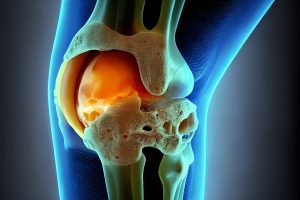
Women who survive cardiac arrest are more likely to suffer anxiety or depression than male survivors, a new study warns. Data regarding the five-year health consequences of a cardiac arrest revealed “most significantly a 50% rise in antidepressant prescription in the first year among women that was not mirrored in men,” said researcher Robin Smits, a doctoral student at Amsterdam University Medical Center. After five years, this rise tapered off to a roughly 20% increase in prescriptions. “While we need to carry out more research to understand exactly why this happens, we can already say that it shows that particularly women are not adequately supported after a cardiac arrest,” Smits said in a medical center news release. For the study, researchers analyzed data on 1,250 people (average age: 53) who survived an out-of-hospital cardiac arrest in the Netherlands. They also found that people who survive a cardiac arrest are more likely to face financial problems afterward. “We saw significant decreases in employment rates and, consequently, earnings,” Smits said. “Further, we also saw a change in ‘primary earner status’ — meaning that the member of a household who had the highest earnings frequently changed after a cardiac arrest, suggesting that it was difficult for individuals to return to the labor market.” The new research was published July 8 in the journal Circulation Cardiovascular Quality and Outcomes.… read on > read on >






















-300x200.jpeg)
-300x213.jpeg)














